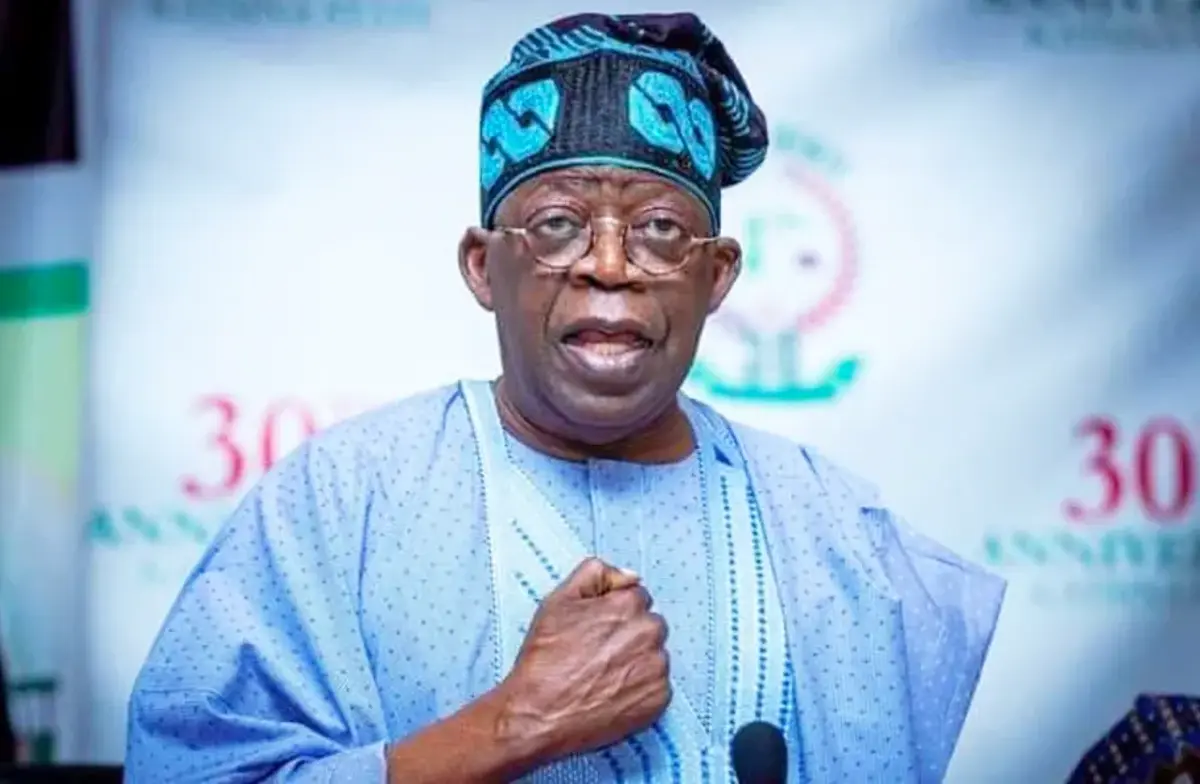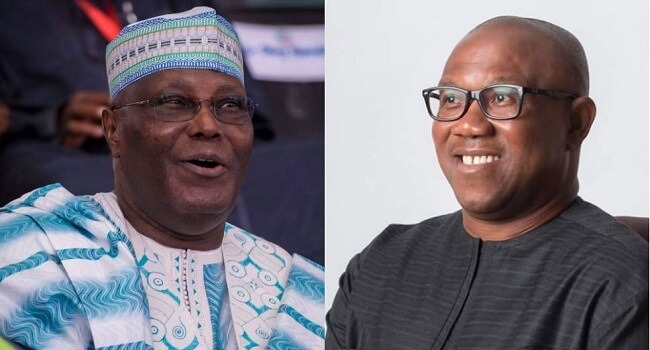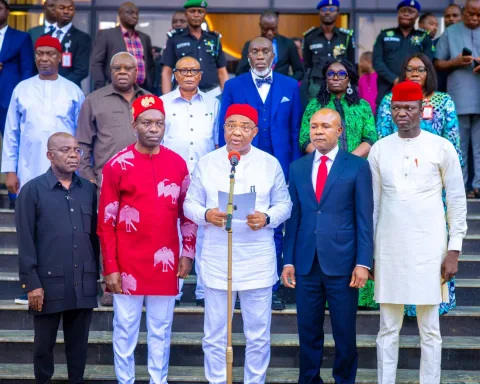President Bola Ahmed Tinubu has revealed that the national grid currently serves only 15 per cent of the country’s growing demand for electricity, leaving over 90 million Nigerians without access to electricity.
Represented by the Special Adviser, Energy and Infrastructure, Office of the Vice President, Sodiq Wanka at the Nigerian Electricity Supply Industry (NESI) Roundtable, Tinubu said: “10 years on, I believe it is fair to say that the objectives of sector privatization have, by and large, not been met.
Join our WhatsApp ChannelREAD ALSO: Electricity Supply Costs Nigerians N247.33bn, New Report Shows
“Over 90 million Nigerians lack access to electricity. The national grid only serves about 15% of the country’s demand. This has left households and factories relying on expensive self-generation, which supplies 40% of the country’s demand.”
One fact is that the total amount of electricity that can be distributed through the national grid has shown little improvement over the last decade. The grid’s capacity has increased only marginally, from just over 3,000 megawatts (MW) to approximately 4,000 MW today.
This falls short of the Federal Government’s target of 40,000MW by 2020, which was set prior to privatization.
Tinubu also emphasized the need for recapitalization of distribution companies and a review of electricity tariffs.
He noted, “Electricity tariffs are not cost-reflective, and as of Q2 2023, for every kilowatt-hour (kWh) of electricity sent to the grid, only 60% is paid for. But as we know, even the tariff paid for that unit of electricity is far from being cost-reflective, especially in light of the recent devaluation of the naira.”
The President acknowledged the sector’s chronic underinvestment, particularly in transmission and distribution, which has hindered the progress envisioned through privatization.
He added, “We are in a vicious cycle of under-performance and under-investment, and everyone has a different view of which value chain player should be blamed for continued sector malaise. But we are where we are!”
READ ALSO: Nigeria @63: Power Sector Woes Continue To Stagnate Industrial Growth
Tinubu concluded by highlighting the importance of addressing shortfalls, financing solutions, and eliminating historic sector debts to various stakeholders in the value chain. He revealed that a reconciliation exercise was already underway, with a strong call for collective action to move the nation’s power sector forward.
The President’s candid assessment of Nigeria’s electricity challenges emphasizes the urgency of reform and highlights the obstacles to delivering reliable and affordable power to the Nigerian population.
With over 90 million Nigerians lacking access to electricity, the nation faces a critical task to meet its energy demands and ensure a brighter future for its citizens.
Emmanuel Ochayi is a journalist. He is a graduate of the University of Lagos, School of first choice and the nations pride. Emmanuel is keen on exploring writing angles in different areas, including Business, climate change, politics, Education, and others.


















Follow Us